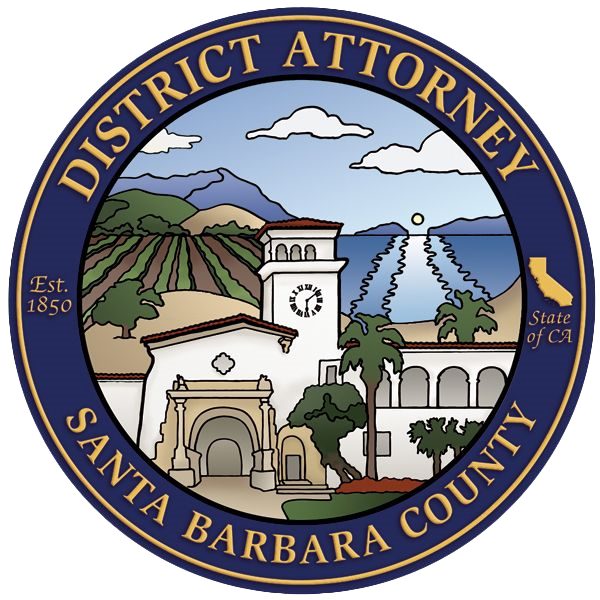Avoid offers that seem "too good to be true."
Avoid impulse buying on major items.
Compare the price and quality of the merchandise at other retailers. Check with product quality magazines such as Consumer Reports or individuals that own and use the product or service.
Check to see if the business has the required business licenses.
Ask the business for references of previous customers.
Check on the reputation and reliability of the business.
Contact the BBB or local regulatory agencies to ascertain the number and nature of the complaints filed against the business. BBB complaints can be found online at www.bbb.org
Make sure warranties, guarantees, contracts and alterations to contracts are in writing.
Read all advertisements, warranties, guarantees and contracts fully and carefully.
Know what the refund policy is.
Do not be pressured into buying; take your time.
If you purchase a product and are making payments over time, be aware of and understand all finance and interest charges, monthly payments, applicable fees and the total cost.
Make sure the purchased price matches the advertised price. Keep all receipts and documents of the transaction.
Keep an eye on all credit card transactions and retrieve the card promptly. If a problem arises, try to resolve the dispute with the business. Utilize the businesses chain of authority to bring about resolution.
In order to help preserve your rights, and to help avoid the "he said, she said" cycle, telephonic communications should be summarized and written in a letter to the business. Sending the letter via certified mail can provide evidence of when the letter was sent.
If you cannot resolve the dispute, file a small claims action, retain a private attorney, contact a mediation organization, or file a complaint with the local consumer protection agency or the applicable regulatory agency.
Do not be afraid to hang up on any unsolicited telephone call.
